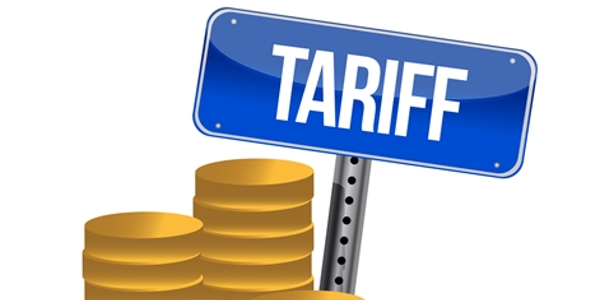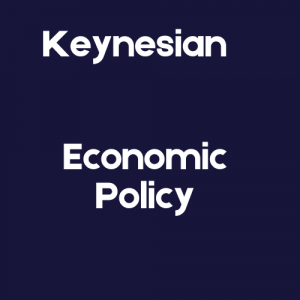Tariffs are taxes or penalties imposed on imports or exports in a country. They are taxes between sovereign states. Governments impose tariffs on goods and services to achieve various agendas among them restricting the importation of cheap substandard goods. Below are some of the advantages and disadvantages of tariffs.
Pros:
1. Protecting local industries: Tariffs are imposed on imports in order to protect local industries from collapsing. They discourage foreign industries from importing cheaper goods from abroad hence protecting local industries.
2. Saving jobs: Tariffs also play an important role in protecting local jobs. By imposing tariffs, cheaper goods from foreign countries are restricted hence promoting local industries which leads to the creation of more jobs.
3. Fair play: Tariffs play an important role in encouraging fair play between countries. It makes it easier for countries to grow their industries to the level of other countries.
4. Creation of employment: Tariffs create employment within a country by encouraging local industries to grow and manufacture their own goods.
5. Strengthening of the local economy: By encouraging the local industries to grow and manufacture local goods and services, has an effect on the growth of the economy.
6. Reduces the deficit of the economy: Tariffs prevent foreign goods and services from infiltrating the market hence reducing the deficit of the economy since most of the products are produced locally.
7. Restricts importation of undesired goods: Tariffs increase the prices of goods that come in from other countries. This will discourage other people from importing goods that are undesired such as sex toys and drugs into the country.
8. Prevent dumping: Tariffs protect the country from being a recipient of goods that have been rejected in other countries. This is known as dumping.
9. Additional revenue to the government: Tariffs increase the tax charged on goods and services being imported into the country and this increases the revenue collected by the government.
10. Expansion of the economy: Tariffs also play an important role in the growth and expansion of the economy through such things as the creation of employment, reduction of the deficit, and increase in revenue for the government.
Cons:
1. Increases taxation: Tariffs have the net effect of increasing the tax levied on goods and services being imported which then increases the price of the good.
2. Discourages imports: Tariffs discourage other countries from exporting goods to other countries which may eventually lead to a shortage of goods and services.
3. Reduces or eliminates variety: Tariffs mean that less and fewer goods and services will be shipped into a country and this has the effect of reducing or eliminating variety among the consumers.
4. Discourages trade: Tariffs have an overall effect of discouraging trade between countries which also means that it may hinder the cooperation between two countries and affect their relationship in the long run.
5. Reduce the quality of goods and services: When countries impose tariffs on goods from other countries, they reduce competition within that country. By reducing competition, it means that local producers will stop producing quality goods and services because there is no competition.
6. Raises the price of imports: Tariffs have an effect on the prices of goods being imported to a country thereby making them expensive and sometimes unaffordable among the local population.
7. Discourages competition: Tariffs work to protect the local companies from competition from other foreign companies. While this helps in building local companies, it also eliminates competition which is healthy in the provision of quality and cheap products for the consumers.
8. Discourages foreign investment: Tariffs discourage foreign investors from investing in the country. This has a negative impact on the economy since it denies the country foreign direct investment.
9. Affects international relations: Tariffs have an impact on the relations between two countries since they negate the gains made through foreign relations. This may also impact negatively the bilateral relations between two countries.
10. It may have negative effects on the economy: Tariffs have the potential of having negative effects on the economy through reduction in competition between manufacturers, lack of adequate supply of products, and so on.


